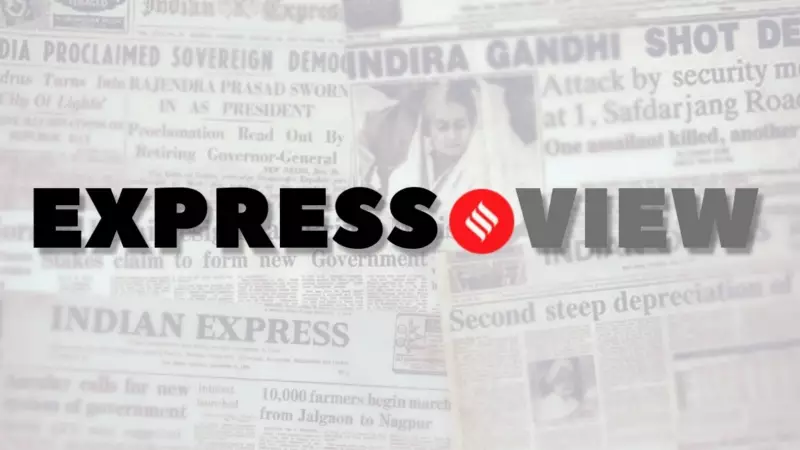
Recent high-level engagements between Pakistan and United States officials have sparked discussions in diplomatic circles, but strategic experts suggest India has little reason for concern. The evolving geopolitical landscape positions India favorably, with its growing economic clout and strategic partnerships reducing dependency on any single relationship.
India's Strategic Positioning in Global Politics
India's foreign policy has matured significantly over the past decade, transitioning from reactive diplomacy to proactive engagement. The country has successfully diversified its international partnerships, building strong ties with multiple global powers simultaneously. This multi-alignment strategy provides India with unprecedented diplomatic leverage.
Key factors strengthening India's position include:
- Robust economic growth making India an indispensable market
- Strategic partnerships with Quad members and European nations
- Growing defense cooperation with multiple countries
- Leadership roles in international organizations
The Changing Nature of India-US Relations
The India-US relationship has transformed from occasional engagement to comprehensive strategic partnership. Both nations recognize mutual interests in maintaining regional stability and countering common challenges. This shared strategic outlook creates a foundation more substantial than temporary diplomatic maneuvers.
Unlike previous decades where external relationships could significantly impact India's position, the current scenario reflects India's emergence as a decisive actor rather than a subject of great power politics.
Pakistan's Diplomatic Outreach: Context Matters
While Pakistan engages with US officials, the context of these interactions differs substantially from historical patterns. The United States approaches regional diplomacy with clearer recognition of India's central role in maintaining Asian stability. American interests increasingly align with Indian perspectives on regional security architecture.
Several developments underscore this shift:
- Consistent defense cooperation between India and US
- Technology sharing agreements advancing strategic trust
- Coordinated approaches to Indo-Pacific security challenges
- Growing people-to-people ties strengthening bilateral bonds
Looking Ahead: India's Confident Diplomacy
India's foreign policy establishment demonstrates remarkable confidence in navigating complex international relationships. The focus remains on advancing national interests through pragmatic engagement rather than reacting to other nations' diplomatic activities.
This approach reflects India's growing comfort with its position as a leading voice in global affairs, capable of shaping outcomes rather than merely responding to them. The maturity of India's diplomatic corps and strategic community ensures measured responses to regional developments.
As global power dynamics continue evolving, India's emphasis on strategic autonomy and issue-based partnerships provides sustainable framework for advancing national interests while contributing to regional stability.





